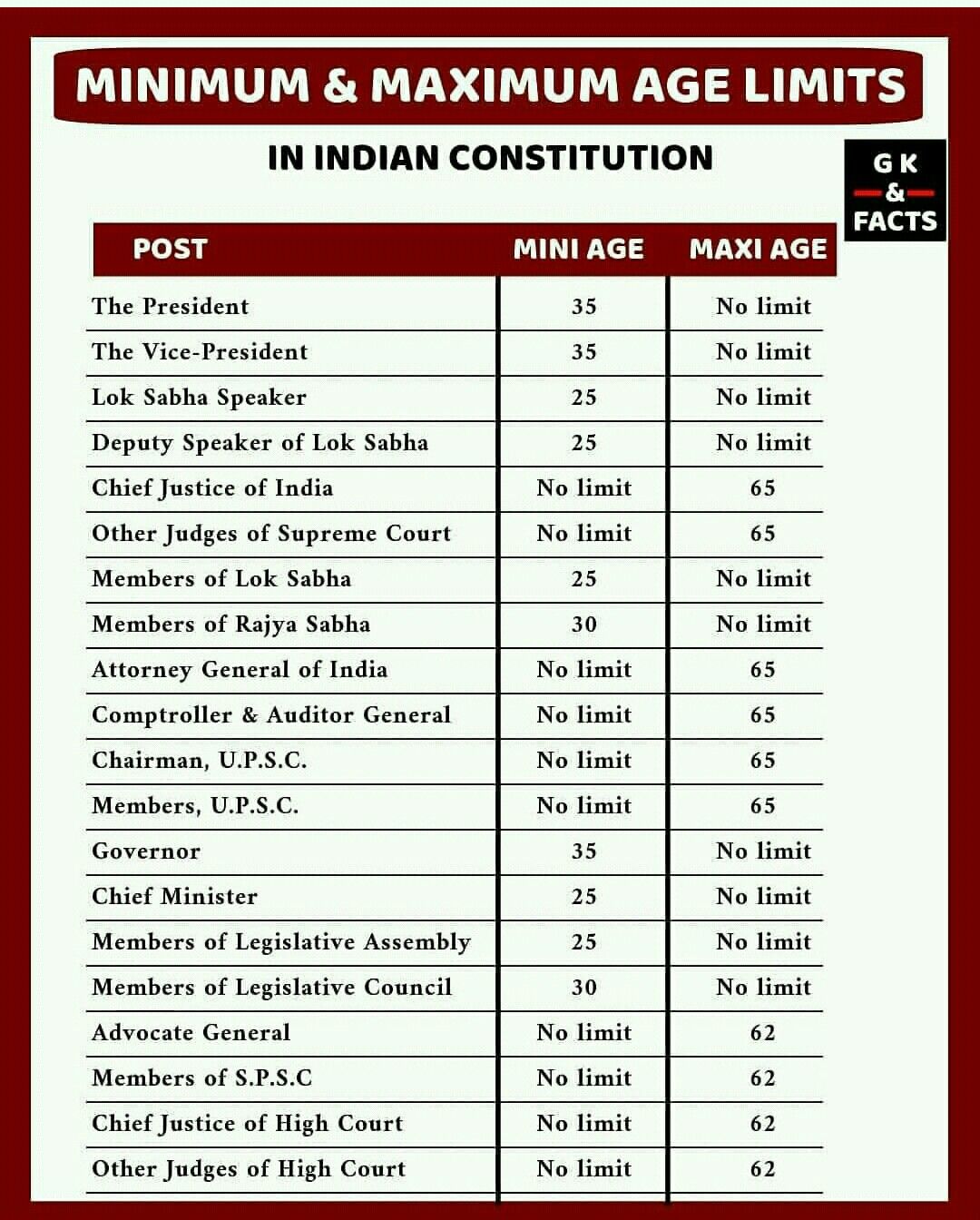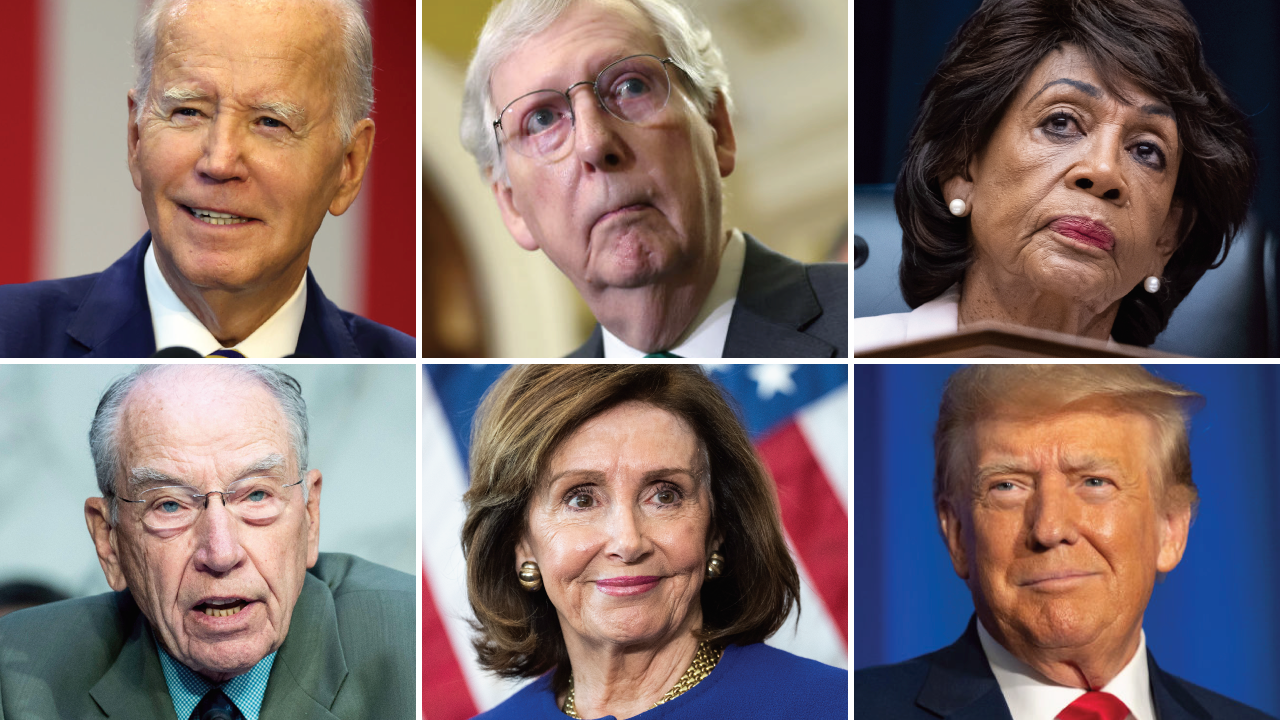The age limit for a Prime Minister (PM) is a crucial factor that plays a significant role in determining who can assume one of the highest offices in a country. This limit varies from nation to nation, influenced by historical, cultural, and political contexts. As younger generations strive for leadership roles, understanding the implications and significance of the PM age limit becomes ever more important. In this article, we will delve into the nuances of this age restriction, explore its impact on governance, and consider whether it should be revisited in the modern political landscape.
As societies evolve, so do the expectations of their leaders. The age at which one can become a Prime Minister often reflects the values and priorities of a society. Some argue that a younger PM can bring fresh perspectives and innovative ideas, while others believe that experience, often gained over many years, is essential for effective leadership. This ongoing debate raises questions about the balance between youthful energy and seasoned wisdom in governmental roles.
In exploring the PM age limit, we will also look at various countries' legal frameworks and how they have adapted over time. Are there countries that have set their age limits too low or too high? How do these limits affect political participation and representation? By examining these questions, we can gain insights into the broader implications of the PM age limit on democracy and governance.
Read also:Fat Thor The Phenomenon Of Transformation And Representation In Popular Culture
What is the PM Age Limit in Different Countries?
The PM age limit is not uniform across the globe. Different countries have established varying regulations regarding the minimum age for a Prime Minister. Here is a brief overview of some notable examples:
- United Kingdom: There is no specific age limit; however, one must be at least 18 to be elected to Parliament.
- India: The minimum age to become a PM is 25 years, as one must be a member of the Lok Sabha.
- Canada: Similar to the UK, there is no formal age limit, but candidates must be at least 18 to run for office.
- Australia: The minimum age to be elected as a member of Parliament is 18, with no upper age limit.
Why is the PM Age Limit Important?
The age limit for a Prime Minister serves several essential functions in governance and political representation. Understanding these reasons helps clarify why such restrictions exist.
Does Age Affect Leadership Competence?
Competence in leadership can be influenced by age, but the relationship is complex. Younger leaders might bring innovative ideas and adaptability, while older leaders may offer experience and stability. Here are some factors to consider:
- Experience: Older leaders may have more experience in politics and governance.
- Innovation: Younger leaders might be more in tune with contemporary issues and technologies.
- Public Perception: Age can influence how the public perceives a leader’s capability.
How Does PM Age Limit Impact Political Participation?
The PM age limit can significantly influence who chooses to engage in politics and how diverse the political landscape is. A lower age limit may encourage younger individuals to participate, while a higher limit could result in a more homogeneous political class.
Are Younger Leaders Effective in Governance?
There is an ongoing debate about the efficacy of younger leaders in governance. While some younger leaders have made headlines for their transformative policies, others have faced criticism for being inexperienced. Here are some key points:
- Dynamic Policies: Younger leaders may implement progressive policies that resonate with the youth.
- Resistance to Change: Established political structures may resist new approaches introduced by younger leaders.
Should the PM Age Limit be Revisited?
As societies evolve, the relevance of the PM age limit comes into question. Should countries consider revising these limits to reflect contemporary values and the changing dynamics of leadership?
Read also:Effective Solutions For Roach Bait Mastering Pest Control
What are the Arguments for Lowering the Age Limit?
Proponents of lowering the PM age limit argue that:
- Increased Representation: Younger leaders can better represent the interests of younger demographics.
- Fresh Perspectives: Younger individuals may introduce innovative solutions to pressing issues.
What are the Arguments for Keeping the Current Age Limit?
On the flip side, those in favor of maintaining the current PM age limit argue that:
- Experience Matters: Leadership often requires a depth of experience that comes with age.
- Stability: Older leaders may provide a sense of stability during turbulent times.
Conclusion: The Future of the PM Age Limit
The PM age limit remains a topic of significant debate in political circles worldwide. As younger generations push for more representation and leadership opportunities, it will be essential for policymakers and the public to consider the implications of these age restrictions. Balancing the need for experience with the desire for innovation and representation will be crucial in shaping the future of governance.
In conclusion, the PM age limit is not merely a number; it encapsulates broader societal values and expectations regarding leadership. As we move forward, understanding its implications and the ongoing debates surrounding it will be essential for fostering a more inclusive and effective political landscape.


